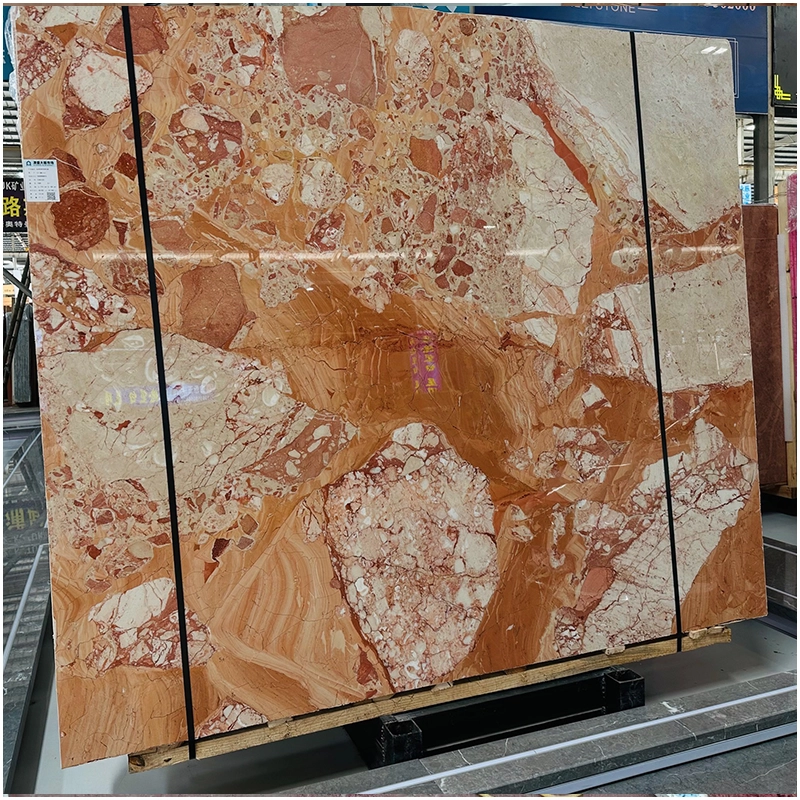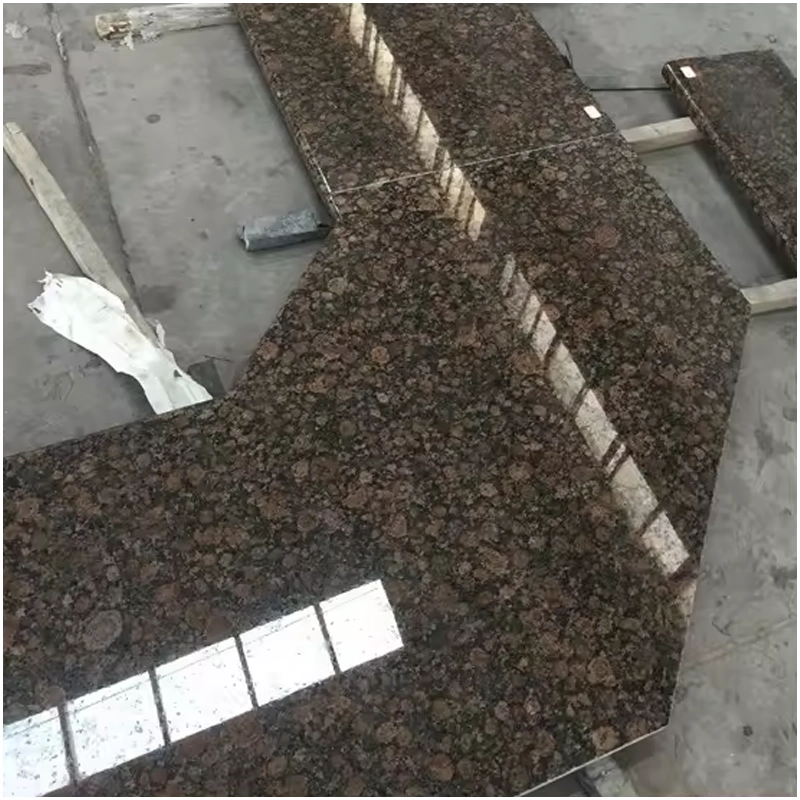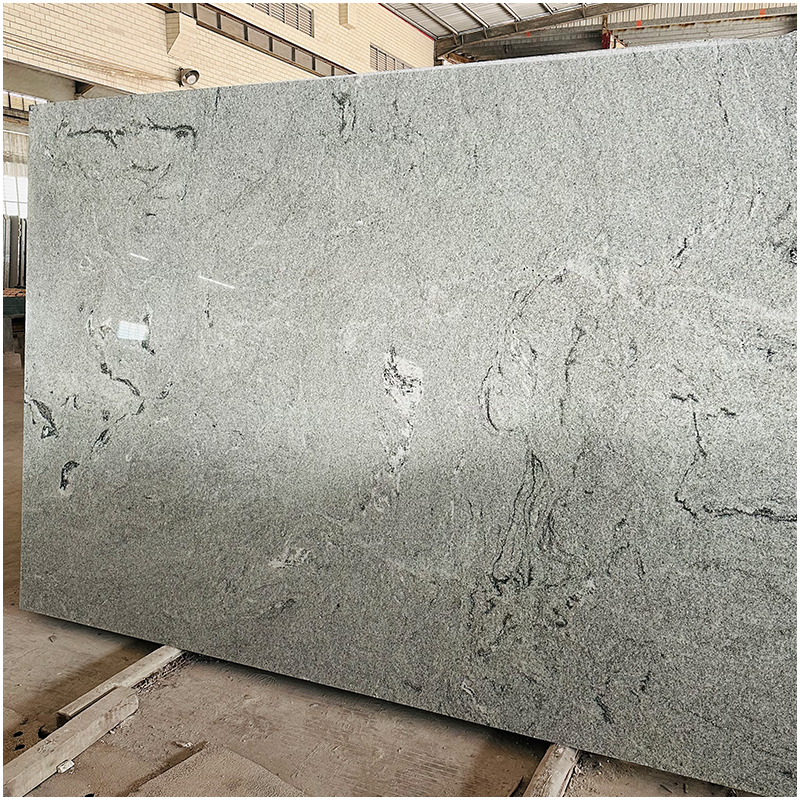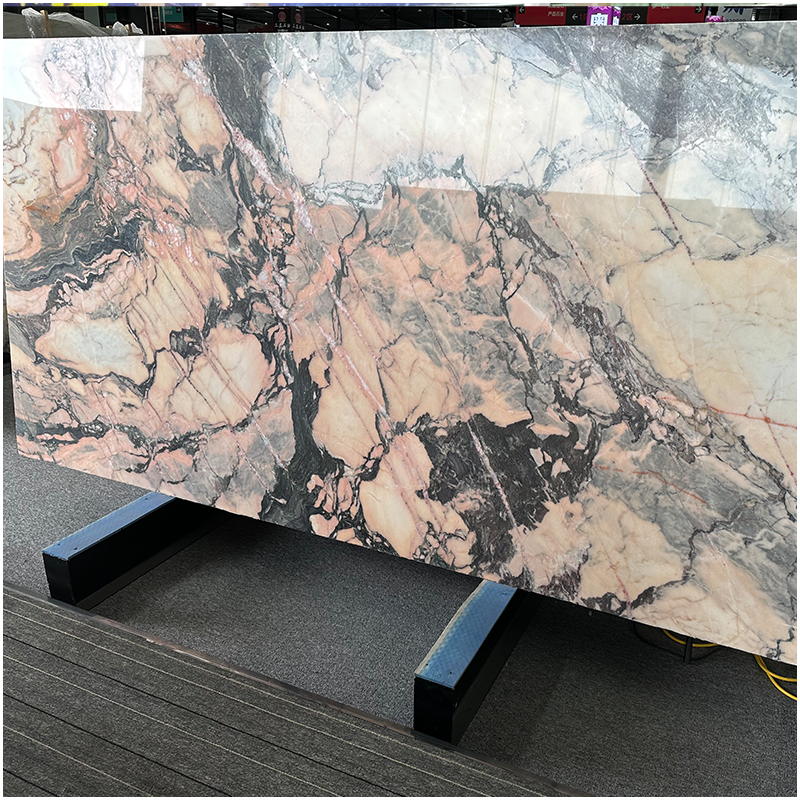Choosing the correct countertop is essential in contemporary kitchen design to guarantee both use and attractiveness. Many families now choose quartzite countertops because of its great visual impact and great longevity. Apart from normal wear and tear, this strong material offers a range of colours and patterns to satisfy various design requirements. Foru will examine in this post the qualities, uses, and benefits of quartzite in the kitchen to provide you with knowledge so you may decide on counters with wisdom.
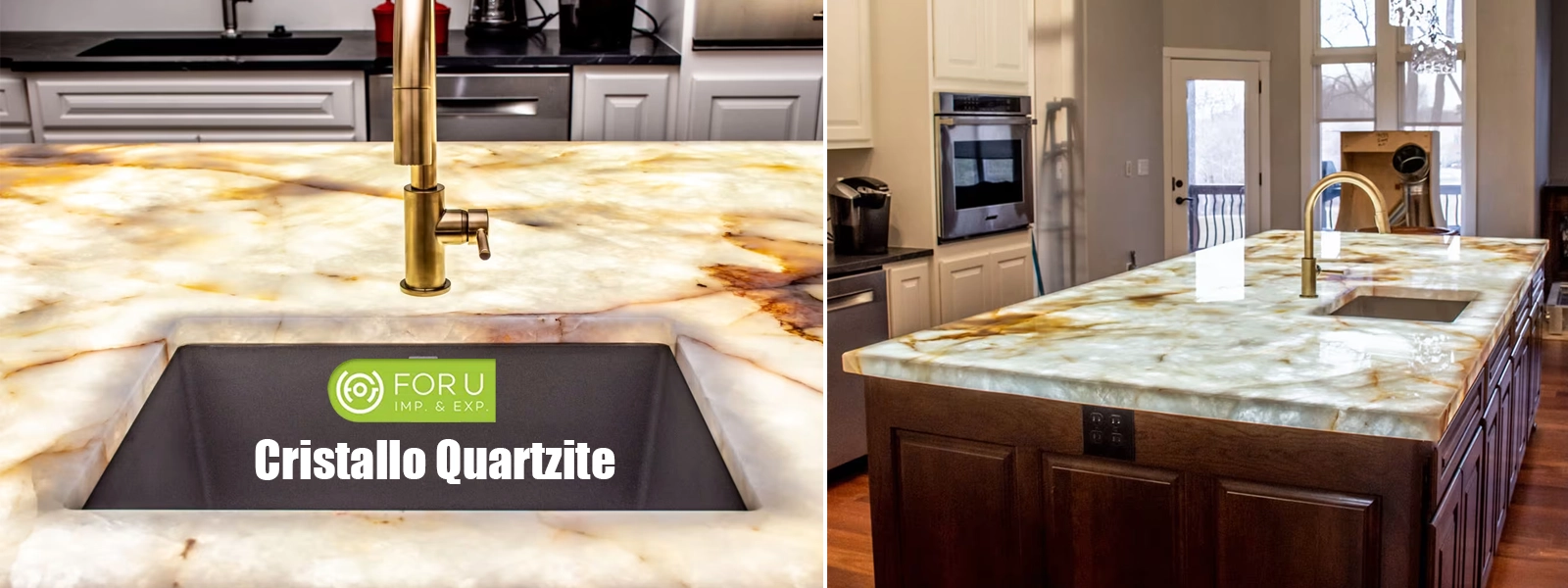
What exactly is quartzite?
Two processes create the hard metamorphic rock known as quartzite. Originally sandstone, quartzite is The sandstone progressively combined into a rock known as quartzite after years of great pressure and warmth. While sandstone is somewhat delicate, quartzite is rather robust and the ideal countertop for hectic households.
advantages of quartzite countertops
More and more households have preferred quartzite countertops in recent years mostly because of its many benefits. Quartzite is first of all very durable and scratch-resistant, which fits for high-intensity kitchens. Second, its non-porous structure makes quartzite very stain-resistant; liquids and dirt are not easy to get inside, which simplifies maintenance and cleaning.
Furthermore, quartzite comes in a great range of colours and patterns that would satisfy different design philosophies and provide amazing visual effects. Simultaneously, quartzite is very heat-resistant and can survive certain high temperatures, which makes it quite fit for use in the kitchen. More crucially, quartzite’s non-porous character helps it to efficiently stop bacterial development and raise family hygiene and safety.
Quartzite countertops cost how much to install?
There are many elements influencing the price of putting quartzite countertops. The countertop’s dimensions are first rather important. Bigger counters naturally raise the cost as they call for more materials and work. Second, the price of the quartzite countertop will also depend on its design intricacy and thickness. Custom forms or counters with unique edge patterns, for instance, often cost more than conventional designs.
Furthermore very important for the ultimate pricing are variations in labour expenses across various areas. Generally speaking, quartzite countertops cost between $50 and $150 per square foot; yet, the particular price should be taken into account holistically depending on the design you want and the area you live in. I can give you a more exact budget estimate if you could provide more particular location or region details.
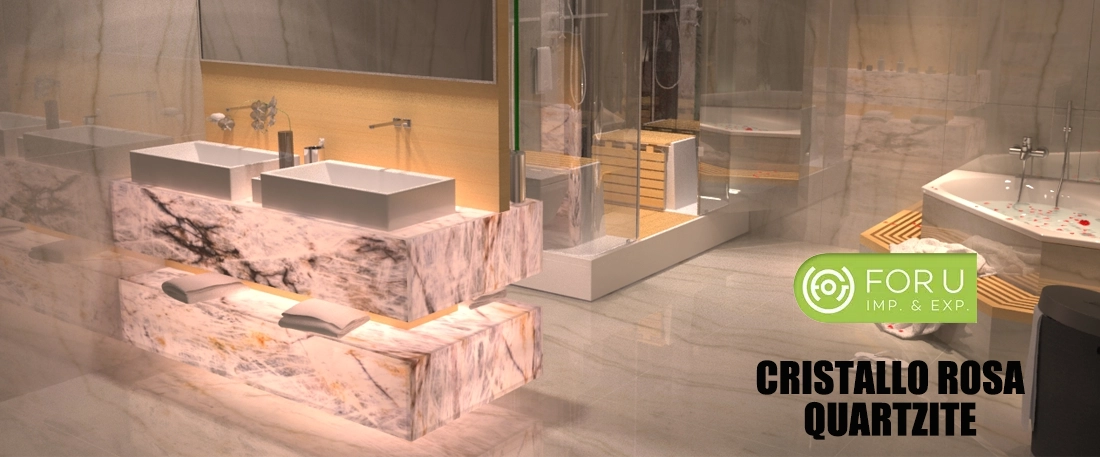
Quartzite Countertop Installation Cost
The installation cost of quartzite countertops is affected by a variety of factors. First, the size of the countertop is crucial. Larger countertops require more materials and labor hours, so naturally the cost will increase. Second, the complexity and thickness of the design will also have an impact on the price. For example, quartzite countertops with custom shapes or unique edge patterns usually cost more than basic designs.
In addition, differences in labor prices between regions also significantly affect the final price. Generally speaking, the cost of quartzite countertops ranges from $50 to $150 per square foot. However, the specific price should be considered comprehensively based on the design you choose and the area you live in. If you can provide more detailed square footage or area information, I can provide you with a more accurate budget estimate.
Quartzite Countertop Maintenance and Cleaning
Quartzite is not indestructible even if it has a somewhat robust surface. Stains may penetrate into the surface; thus, clean spills right once, particularly for acidic materials like coffee or wine. Usually the best approach to clean quartzite countertops is a moderate dishwashing detergent and water combination. See your stone provider to get any particular cleaning recommendations. Generally speaking, steer clear of abrasive instruments and strong cleansers like bleach, ammonia, and acidic solutions as they may permanently discolour or etcher the sealer.
Knives and other sharp items may harm quartzite countertops, hence always use a cutting board while chopping food. Although the substance is heat-resistant, optimal surface protection is provided by a potholder or trivet. Quartzite needs be resealed yearly to keep its non-porous surface, much like granite.
Fun Facts Regarding Quartzite
Hardest Natural Stone:With at least 90% quartz, quartzite has a Mohs hardness of 8. Quartzite is the toughest natural stone countertop available as this makes it somewhat better than granite, which has a Mohs hardness range from 6 to 8.
Acid Reversible:Acid-resistant quartzite won’t be damaged by acids such vinegar or lemon juice. Should it be corroded, it is not real quartzite.
High as a Mountain:Often found on rocky beaches or in hills or mountains, quartzite has a grainy look and a smooth, hard-wearing structure.

Elevate Your Home with Quartzite Countertops
For those who want to improve the decor of their bathroom or kitchen, quartzite countertops are a perfect alternative because they mix minimal care, natural beauty, and durability. Quartzite countertops will wow in any area with their distinctive grain patterns, rich colours, and remarkable durability.All set to update your house with classic, gorgeous quartzite countertops? For a free estimate to find out how quartzite could improve the appearance and use of your bathroom or kitchen, get in touch with Foru Stone now.
Common questions
These are some often asked questions regarding quartz and quartzite:
For kitchen countertops, which is preferable— quartz or quartzite?
Because it is non-porous, which resists stains, damage, and scratching, quartz is preferable for kitchen counters. Hot pans should not be placed on the surface, nevertheless, as they may readily deform and damage.
Quartzite costs what more than quartz?
Since quartz is a naturally occurring stone that needs proper installation, quartzite is usually more costly than it.
Why is quartz less expensive than quartzite?
Quartzite calls for greater investment than quartz as mining and refining quartz calls for more work than making it. Its weight makes carrying and installing more difficult as well, which raises the expenses.



